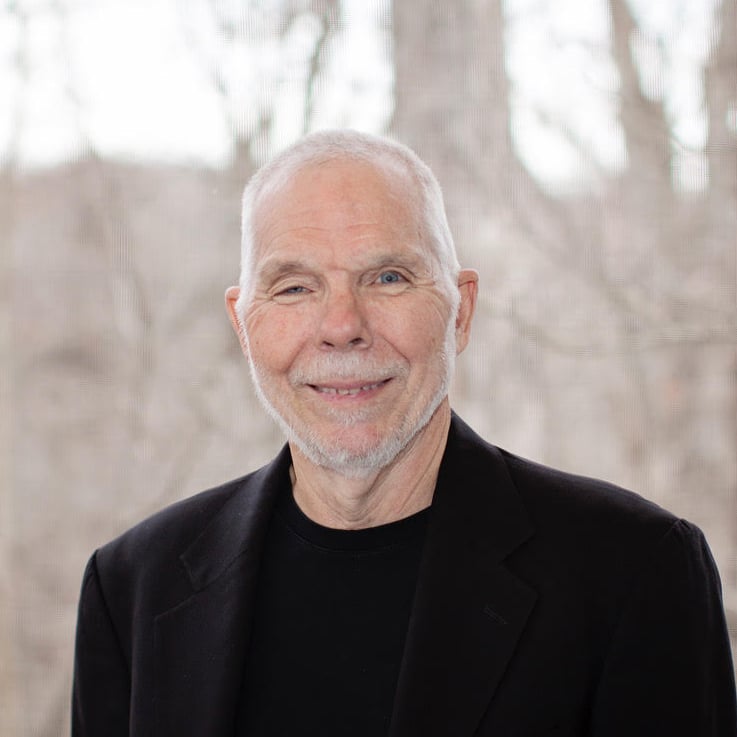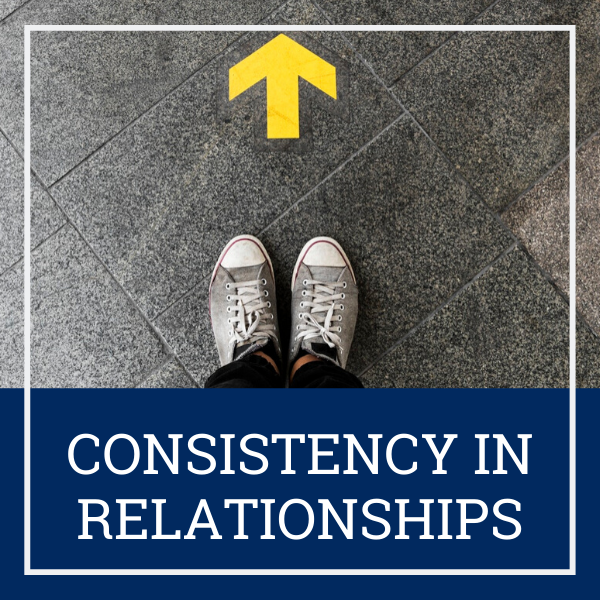Blog
Search Institute Spotlight: A Candid Conversation with Dr. Peter C. Scales
Senior Fellow Peter C. Scales, Ph.D., will retire from Search Institute on June 1. Over the past 30 years, Dr. Scales has been a leading researcher and author at Search Institute, dedicated to finding solutions to the most challenging issues. In this Search Institute Spotlight Q&A, Dr. Scales reflects on his 50-year career in positive youth development and Search Institute's impact on youth thriving.
As you reflect on your time with Search Institute and your career in general, how has positive youth development evolved? What fundamental changes have occurred with regard to promoting youth thriving?
Two answers—when I started my work in this field, 50 years ago, the focus wasn’t on positive youth development (PYD) writ large, but on preventing negative youth outcomes like teen pregnancy, dropouts, juvenile delinquency. What we now think of as PYD really took shape in the 1940s in response to addressing juvenile delinquency. When I started 51 years ago, it was focused on preventing negative outcomes. The other aspect that changed is the emphasis on the negative, on the problems, that extended to thinking of young people themselves in negative terms.
Peter Benson’s approach, outlined in numerous books and academic papers, was rooted in strengths and Assets—what are the external and internal strengths that young people experience or don't—and it was holistic. It wasn’t solely about preventing this or that. It was about preventing risk and promoting positive outcomes—not simply doing okay in school, but contributing to the community, valuing diversity, and having peaceful conflict resolution skills. That emphasis on holistic development of the young person and starting from a strengths-based foundation was a shift in the field. It really accelerated the coalescence of work to begin forming the field of PYD. So, Search Institute’s work was fundamental.
Search Institute is known around the world for the Developmental Assets® Framework. You played a significant role in sharing that message. Why were Developmental Assets so pivotal in changing the youth development narrative?
The brilliance of Developmental Assets® is that they provided a shared language, and everyone could communicate on the support that young people needed. Everybody can be an Asset-builder. Everyone has a role. It's about family, neighbors, friends, what the whole community does to create a thriving space for each and every young person. We really expanded the idea of who could be influential. It wasn’t just the professionals, but everyone, even those who hadn’t heard the term, PYD. It really wouldn’t have taken off worldwide if the language wasn’t relatively simple and if it hadn’t articulated a role for everyone as an asset builder. We worked with international organizations, and were very flexible with the permission we gave to define the assets in a way that made cultural sense, but still retained the core essence of what we meant.
And we weren’t just talking about it, we were amassing millions of surveys from around the world, and regardless of culture, race, ethnicity, etc., the results were the same. The more Assets young people had, the better they did on any outcome that you wanted to look at. It didn’t matter. I can’t think of an outcome that didn’t fall under that basic trend. The more Assets you have, the better you do developmentally. So that demonstrated it was credible, easy to understand, and invited participation.
Why do you think the Developmental Assets® Framework continues to remain relevant after all these years?
When we look at the schools, programs, and organizations using assets-based measures, this statement is still valid—the more Assets you have, the better you do developmentally. The Developmental Assets® Framework has been around for 35 years now, and it helped create all the other PYD frameworks the field uses today. However, there are always opportunities for improvement. For example, cultural contextualization and digital spaces.
Qualitative studies conducted with Black and Latino families revealed assets those families are trying to promote that aren’t named in the current framework. So then the question becomes, is “revision” about changing the Assets or about producing more resources to assist people with that kind of cultural contextualization? Does the framework have to change or do the activities or resources need to change?
We've also done work to explore relationships and assets in digital spaces, but I think there's more to be done there, especially with artificial intelligence and how that will affect growing up. We need to see how elastic the Developmental Assets® Framework is with regard to the digital space as well as face-to-face or in-person spaces.
What is it about your work with Search Institute that has continued to motivate you with regard to positive youth development?
Meaningful work that has helped change the lives of young people for the better. How can you not get up each morning and be psyched about that? We’ve worked in war zones and in natural disaster zones and found that young people also have strengths and assets in those settings. Even those awful situations are not necessarily hopeless for positive youth development. So that’s hopeful. Ultimately, Search Institute’s work has been optimistic. It’s a great source of motivation. The other is the sense that it’s work that’s never done. There have been a lot of social, political, and economic changes over the last 35 years since Developmental Assets® were introduced. Through all of that there’s still been a need for our work. There are still too many young people who don’t have the Assets they need. It’s a problem to solve. How do you create thriving environments for every young person no matter who they are and where they are in the world?
As you think about young people navigating school, relationships, and the ups and downs of life in general, what do you consider to be non-negotiable when it comes to youth thriving?
Every young person has strengths and potential. Every young person, no matter their status. They all have potential. That’s where sparks become important. We can’t have youth thriving without two things. First, youth need to understand what they are interested in. The sweet spot is I'm interested in it and I’m good at it. That’s where purpose comes from. One's purpose is unlimited. But we must help young people discover what makes them tick and how they can use their interests and skills to make the world a better place, even if it only extends to the block they live on. How do they change THEIR world for the better? How do I use my interests and skills to make things better in my world? That’s the purpose of positive youth development. It’s about helping youth understand who they are, their purpose, and how they can contribute to make the world better, which will accomplish other personal goals as well.
The second thing necessary for thriving is the support of adults. Kids who experience strong, developmental relationships do better on every outcome we’ve ever measured. That’s an example of Developmental Assets® and Developmental Relationships working together through sparks, which creates thriving. That’s thriving.
What made working at Search Institute special to you?
What made it special is all the meaningful work we do that is changing the lives of young people for the better. Search Institute has been making a national impact for 60 years and an international one for 35 years, through good times and bad times, supportive times and antagonistic times, and the organization has survived and continued to contribute on a massive scale. So I think it’s been a privilege to be a part of all that and anyone who works for Search Institute should understand what a privilege it is. Onward!
Dr. Peter C. Scales has spent the last 30 years at Search Institute as a prominent researcher and author, seeking answers to address the toughest problems of practice. He played a key role in the Developmental Assets® Framework, one of Search Institute’s core frameworks that takes a strength-based approach to youth development. Throughout his 50-year career he gained national recognition for groundbreaking work regarding young people and youth thriving. Dr. Scales will retire from Search Institute on June 1, 2025.



